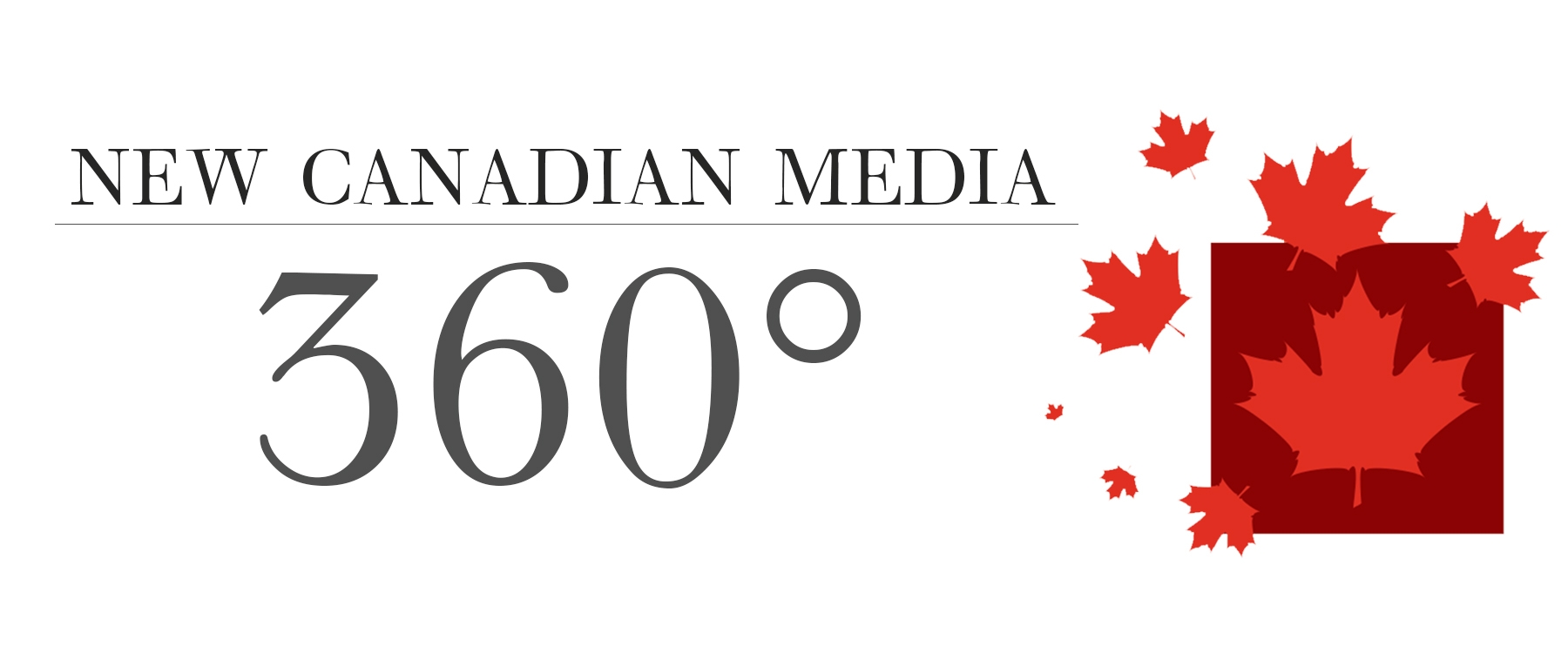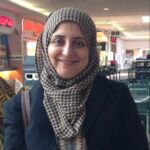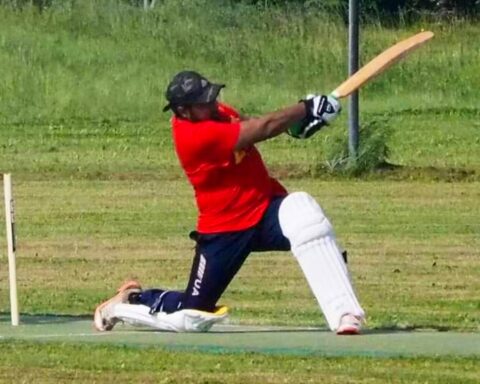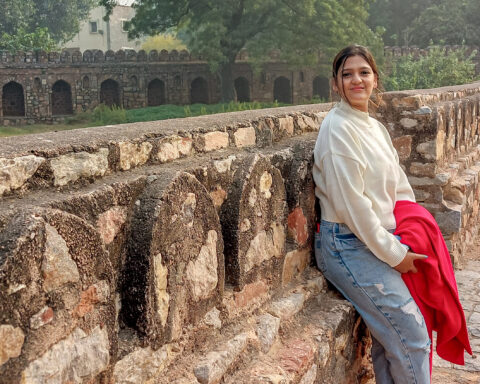Pakistani women enjoy more autonomy in the home and greater overall life satisfaction in Canada compared to what they experienced back home, a new study suggests.
According to “Perceptions of Autonomy and Life Satisfaction in Pakistani Married Immigrant Women in Toronto, Canada” this greater sense of satisfaction is directly associated with these women’s sense of autonomy.
Authors Michaela Hynie, associate professor at York University, and Tahira Jibeen, assistant professor at COMSATS Institute of Technology in Lahore, explain that this freedom has many facets. For many, this includes the economic opportunities that Western societies offer women — opportunities women who come from patriarchal cultures might not have had before.
Fauzia, a resident of Mississauga who immigrated to Canada from Pakistan 14 years ago with her husband and three children, has been driving a school bus since September, 2015. She agrees with the results of the report.
“Things have changed in Pakistan, but I don’t think that still any woman would drive a school bus [as] conveniently and willfully as here,” she says.
Pursuing passions in Canada
Fauzia shares that she found her passion for driving at a very young age, before she got married. For her, driving a public transport vehicle is a decision she could only have made here in Canada.
“If I was in Pakistan, I wouldn’t think of doing something like this,” she adds. “It requires lots of guts and being too daring to break through the cultural norms.”
Hynie and Jibeen’s report highlights the importance that in-laws play in maintaining traditional family roles in Pakistani culture. It states “the goal of the study was to explore the relationship between family structures and autonomy among married immigrant Pakistani women.”
It also investigated “the role that these variables play in their evaluation of their life satisfaction prior to migration, in Pakistan, and post-migration in Canada.”
“If I was in Pakistan, I wouldn’t think of doing something like this.”
The report found that when women lived with their in-laws, even in Canada, their autonomy was more restricted than when they lived only with their husband and children.
While Fauzia has been able to pursue this opportunity now that she’s away from her in-laws, she says her own family back home still makes fun of her occupation.
“Even in Pakistan, if I tell family and friends, they look down on such a job and laugh at it. However, I tell them proudly that I am Canadian and we are proud to do whatever we feel like,” she says.
Job opportunities and education levels
Naheed, who came to Canada from the Middle East six years ago and also drives a bus, has had an experience similar to Fauzia’s. However, she says that when her in-laws resist her occupation, she is often able to convince them that this is a good opportunity.
“Education and logic plays vital part. Now its up to you [to] either convince others or get convinced, so I usually convince others with logic,” she says.
Immigrant women are more likely to have completed university than women born in Canada.
Over the last decade, the emphasis on educational and occupational qualifications when selecting immigrants has meant that the lead applicant’s spouse (often the female) has to fulfill a certain educational criteria as well as pass a language proficiency test to be accepted.
In part as a result of this focus, immigrant women are more likely to have completed university than women born in Canada.
Even though her current job might not be considered white collar, Naheed says, “I don’t believe in class of work. It’s better to work hard and earn than to beg.”
The role of Islam
While speaking about the role of religion, both drivers, who are Muslim and wear headscarves, believe that Islam does not restrict the ability of women to work.
“Islam doesn’t restrict women to work, but what it asks is to limit yourself within Shariah,” says Fauzia.
“Even when I used to drive a simple car in Pakistan a long time ago, it was considered odd and people used to take it as a bad thing. So it’s our cultural problem, not religious,” she states.
Support from husbands
While they’ve faced opposition from family, both Naheed and Fauzia say their husbands have supported their desire to pursue their passions and find jobs.
Because the women are employed, they can assist in financially supporting the family. Still, balancing their time is very important since they must take care of the children.
“[My] husband and kids are supportive as their only concern is my availability. My husband always asked me to look for a job that [didn’t mean you] ignore your kids and household responsibilities, as our kids are our priority,” says Fauzia.
Their husbands have supported their desire to pursue their passions and find jobs.
Hynie and Jibeen’s report concludes that women may be happier in more egalitarian marriages, regardless of where they reside.
However, it cautions against imposing Western values and ideologies on immigrant communities.
It suggests instead that supporting women to negotiate their own forms of autonomy in their interpersonal lives might increase women’s life satisfaction more than importing Western structures.
Naheed is happy that in her current job she still has ample opportunity to relax and spend time with her 12-year-old daughter. She also relishes the authority it gives her.
“I feel like a king, when traffic stops all around my bus when I put up the signals,” she concludes.
This is the second part in a three-part series on changing family dynamics and what it means for women immigrants in Canada. The first part, “In Canada, South Asian Women Find Social Freedom”, discusses how women are socially empowered once they reach Canada.
Tazeen is based in Mississauga and is a reporter with the New Canadian Media. Back in Pakistan where she comes from, she was a senior producer and editorial head in reputable news channels. She holds a master’s degree in Media and Communication and a certificate in TV program production from Radio Netherlands Training Center. She is also the recipient of NCM's Top Story of 2022 award for her story a "A victim of torture, blogger continues fight for human rights in Pakistan"





